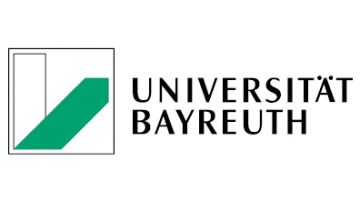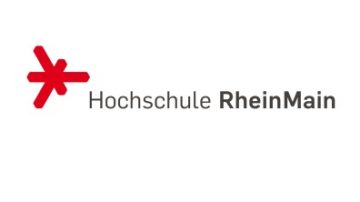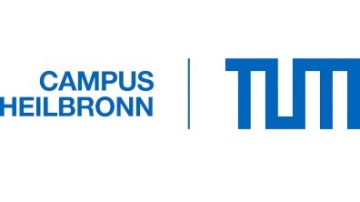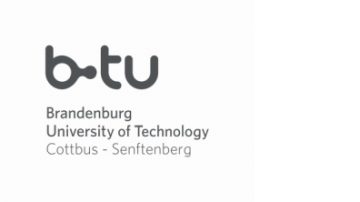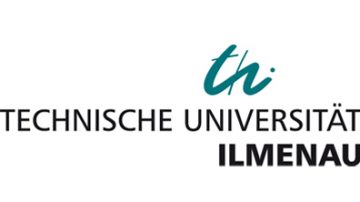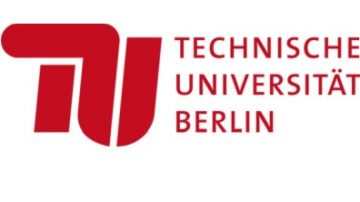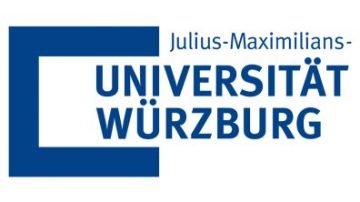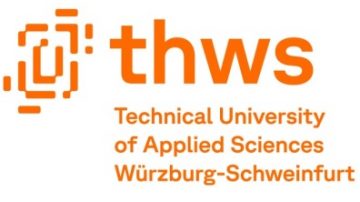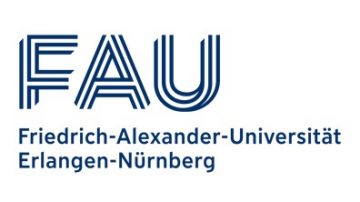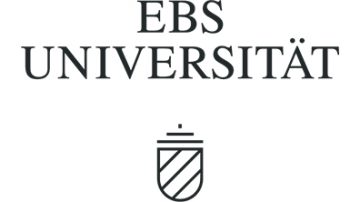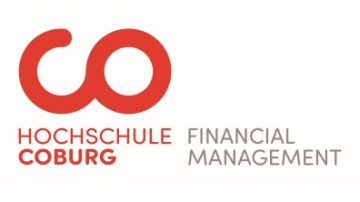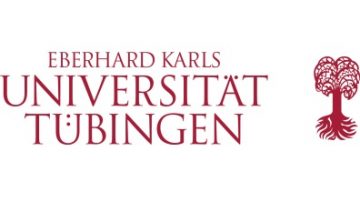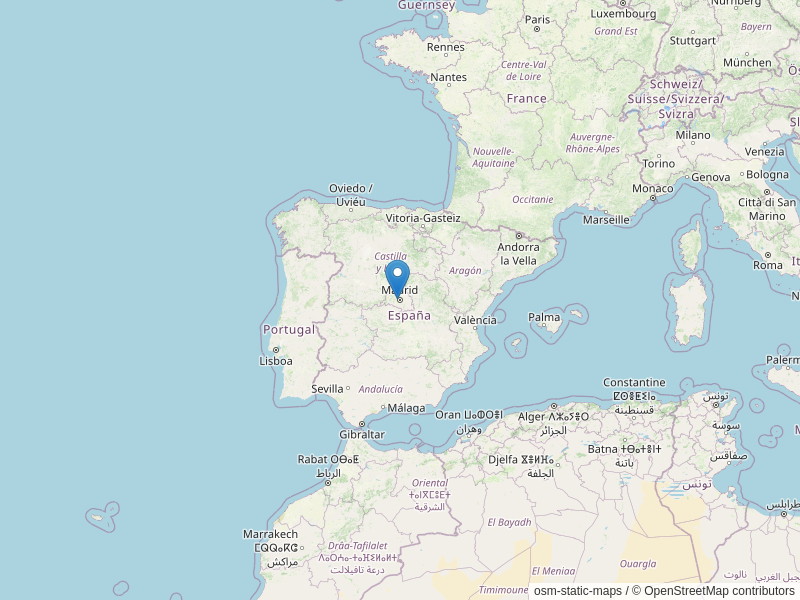Objective
Climate neutrality by the middle of the 21st century is the declared goal of Germany and the EU. Green hydrogen is an important component in the transformation of the energy sector and the decarbonization of emission-intensive sectors. Within the framework of the German and the European hydrogen strategies, we intend to recruit and qualify future specialists and young scientists. In addition, international cooperation, especially in the European Research Area, shall be strengthened and interdisciplinarity and innovative capabilities promoted. The ERA Fellowships – Green Hydrogen programme, funded by the Federal Ministry of Education and Research (BMBF), is complemented by comprehensive networking measures and the establishment of four working groups. Fellows will continue to be involved in those after the end of the funding period and thus will both receive and offer long-term support from and to the German research and innovation location for green hydrogen.
Who can apply?
Graduate students who are interested in any topics related to Green Hydrogen (GH2) and want to be an active part in one of the four working groups:
- Production
- Transport and Infrastructure
- Market stimulation (i.e. further development of the market for hydrogen)
- cross-cutting issues (i.e. regulation, socio-economic and legal framework)
Students enrolled in universities in the following countries are eligible for the GH2 program: EU member states, Albania, Algeria, Argentina, Armenia, Australia, Bosnia and Herzegovina, Brazil, Cameroon, Canada, Chile, Côte d’Ivoire, Faroe Islands, Georgia, Ghana, Island, Israel, Japan, Kosovo, Mexico, Morocco, Republic of Moldova, Montenegro, Namibia, New Zealand, Nigeria, Northern Macedonia, Norway, Serbia, Senegal, South Africa, South Korea, Switzerland, Taiwan, Togo, Türkiye, Tunisia, Ukraine, USA and the United Kingdom.
What can be funded?
The programme provides funding for
- part of a whole Master’s degree programme (programmes with 90 ECTS/3 semesters) completed at a state or state-recognised university in Germany
- up to one year of study in Germany as part of a Master’s degree. The general condition is that the academic credits you gain in Germany are recognised by your home university. Moreover, the standard period of study at your home university should not be exceeded as a result of the study year in Germany
- a Master’s thesis as part of an international Master’s degree programme completed at a state or state-recognised university, a research institute or a company in Germany
or - a self-organized internship in a German company or at a non-university institution in the field of GH2.
Duration of the funding
Funding for the fellowship programme is available until the end of 2025; Depending on the length of the selected programme, the fellowship is intended for stays of at least 3 months, for a Master’s thesis between 2 and 6 months, and for internships between 2 and 3 months.
The fellowships are awarded for the duration of the standard period of study for the chosen programme (up to a maximum of 18 months). Please state the entire period for which you wish to apply for funding in your application. For example, if you are planning a 3-semester degree programme, you must directly indicate 18 months as the desired fellowship duration in your application. After the first year of study, your academic achievements will be assessed in a review process. If this shows that you will successfully complete your programme within a reasonable period of time, the fellowship will continue as planned.
Value
The fellowship covers:
- a monthly fellowship instalment of 934 Euros
- payments towards health, accident and personal liability insurance cover
- a lump sum towards international travel costs
- if the fellowship is awarded for more than six months: one-off study allowance (usually 260 Euros; if you come from a DAC country, you will receive an allowance of 460 Euros)
- if the fellowship is awarded for more than six months: Monthly rent subsidy
- if the fellowship is awarded for more than six months: Monthly allowance for accompanying members of family. Please also read our Important Scholarship Information / section F, point 3
- In the case of a disability or chronic illness: subsidy for additional costs which result from the disability or chronic illness and are not covered by other funding providers: Further information
- Green Mobility Top Up (Support for climate-friendly travel) or partial reimbursement of carbon offset payments for air travel
- grant for participation in a conference
- if the fellowship is awarded for at least twelve months and commences in April or October: German language course of 2 months starting in February or August before the start of the study stay in Germany. Participation in a language course is compulsory if the study programme is taught in German. If you are interested in the participation of a preparatory language course, please indicate this in your application and your schedule.
- if the fellowship is awarded for more than six months:
- Payment of course fees for an online German language course after receipt of the Fellowship Award Letter
- allowance for a personally chosen German language course during the fellowship period
- reimbursement of the fee for a TestDaF or DSH test, which you can take either in your home country after you have received your Letter of Award or in Germany during your funding period.
Selection
The selection committees are composed according to subject and, if applicable, regional criteria. The committee members are appointed by the DAAD Executive Board and are primarily university teachers from German universities. They evaluate the applications and decide on the awarding of the fellowships. DAAD staff members organize the meeting but have no voting rights.
The Selection criteria are:
Academic qualification
- Academic achievements
- Course of studies
- Knowledge of the language of instruction or working language
- If applicable, relevant internships, work experience
- Quality of the project and of the preparation (preliminary information, choice of degree programme or internship, host university or institution and establishment of contacts)
- Integration of the project into the course of study, if relevant
- Motivation: academic and personal reasons for the stay in Germany, German language skills (if different from the working language)
- Prospects: Significance of the stay in Germany for further academic, professional and personal development, use of international networking in the working groups as well as own active contribution in the working groups
- Extracurricular commitment: extracurricular knowledge and skills, social commitment
